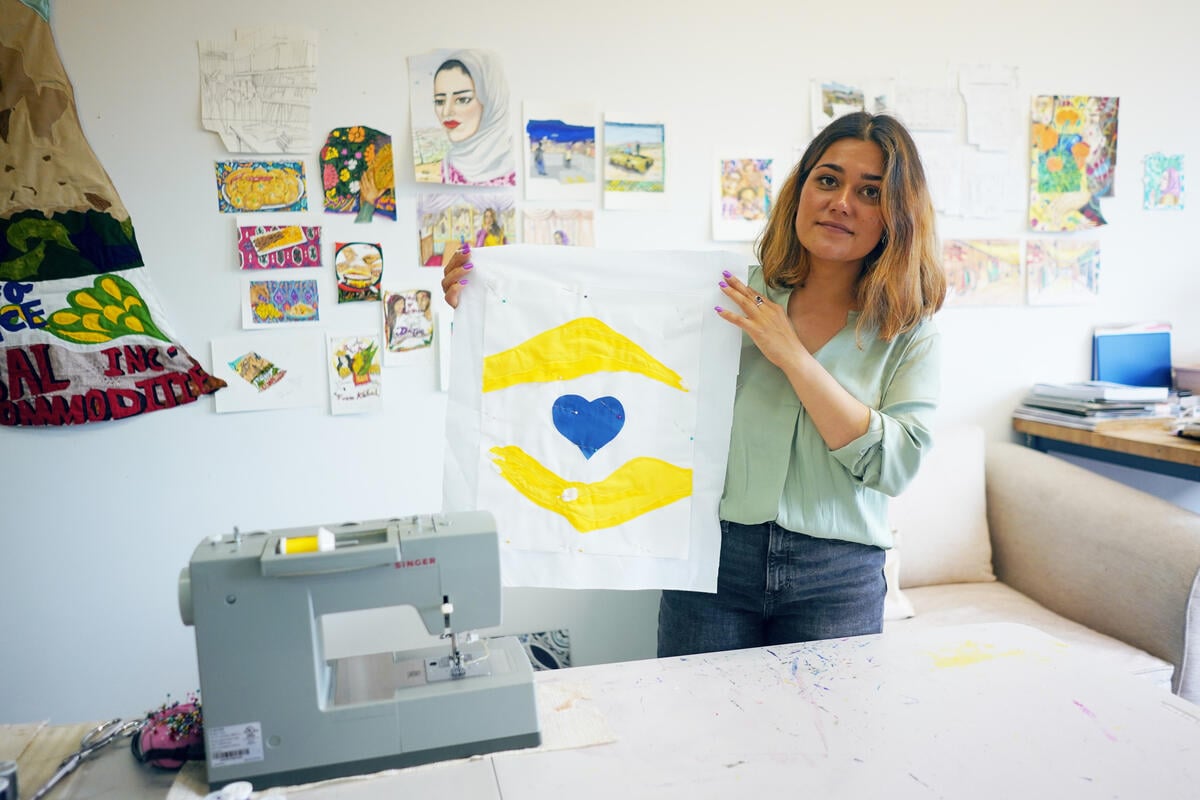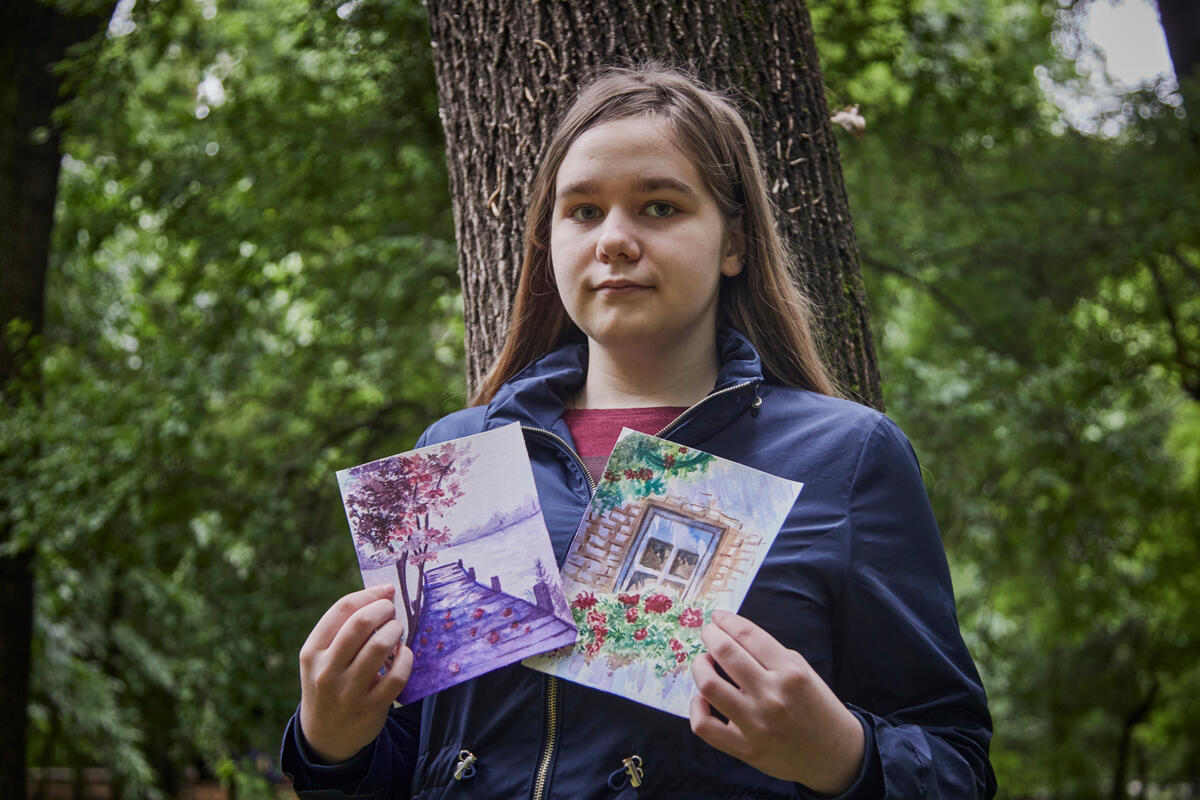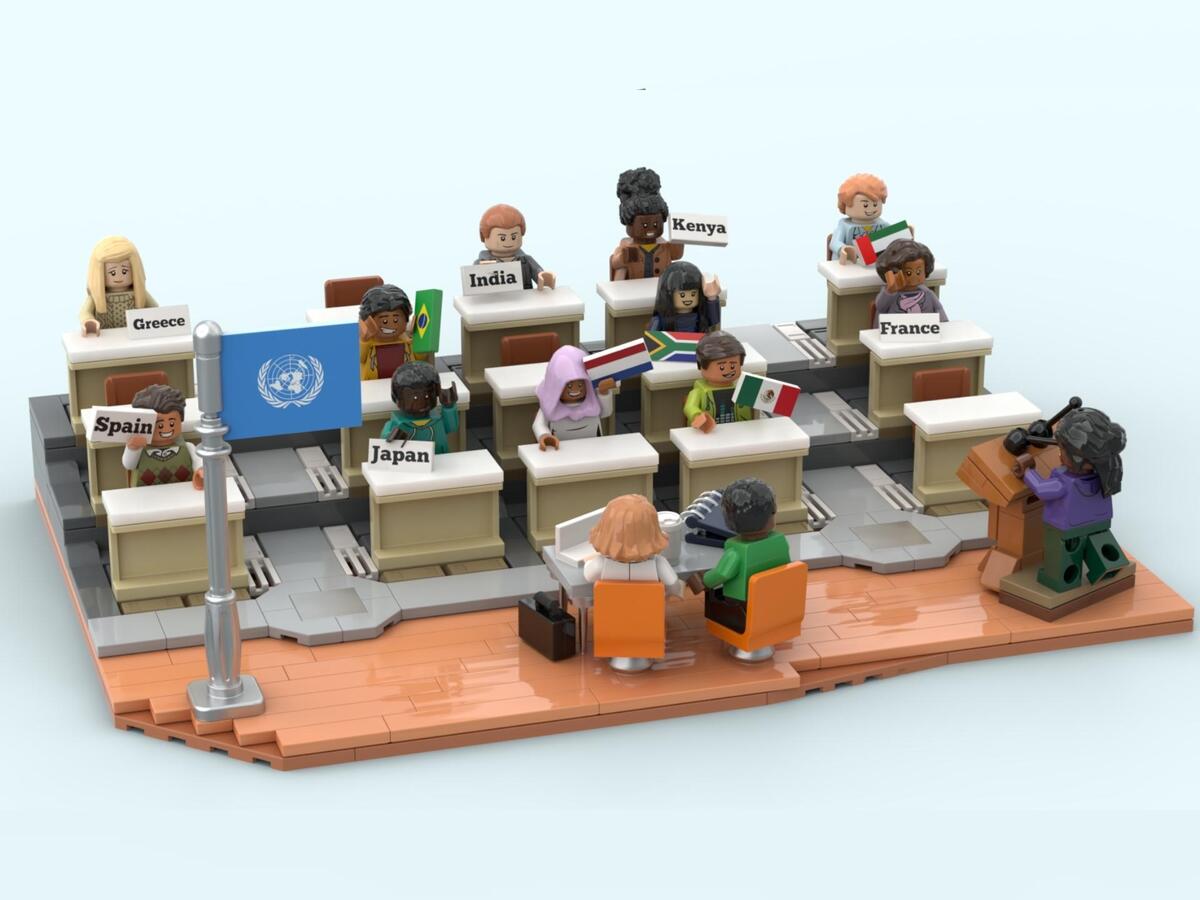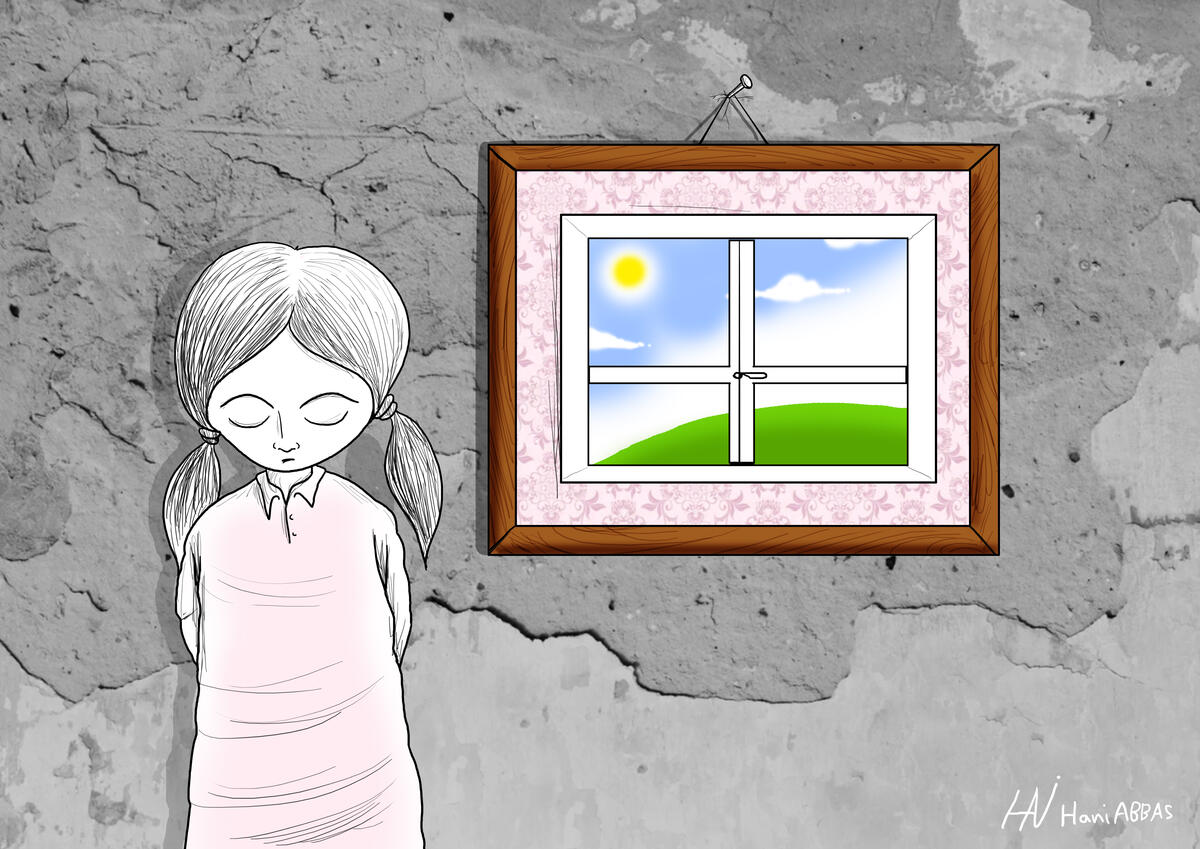South Sudan actor played dead to save his life
South Sudan actor played dead to save his life

BIDIBIDI, Uganda – Moses knew the routine at the armed checkpoints that straddled his road south to safety: when the gunmen demand you join their ranks, politely decline, pay a bribe to pass, and walk on.
For days, fleeing South Sudan's war and hoping to reach neighbouring Uganda, these tactics had worked. But eventually, Moses ran out of money. Unable to pay, he was arrested and marched into a forest to what he heard the men call the 'kill base'.
"It was littered with bodies, human parts and blood everywhere," Moses, 23, said. "So many people had been killed that they hadn't had time to bury them."
"I took some blood from one body, smeared it over myself and lay among the dead.”
Left alone for a moment, Moses, who was an actor and film director at home near the South Sudanese town of Yei, knew he had one chance to survive. But he would need to draw on all his experience.
"I took some blood from one body, smeared it over myself and lay among the dead," he said. "When the gunmen came back they took me for a corpse. My acting skills saved my life."

More than a million South Sudanese have fled their young nation's spreading civil war since it started almost three years ago.
The numbers show little sign of slowing. UNHCR, the UN Refugee Agency, reported today that an average of 3,500 South Sudanese left their homeland every day of October.
Most went to Uganda, with a daily average of 2,400 new arrivals since the beginning of October, and more than 250,000 new refugees since an outbreak of violence in the South Sudanese capital, Juba, on 7 July.
The majority of new arrivals come from South Sudan’s Equatoria region, where they report armed groups harassing civilians, killing and torturing those they suspect of supporting opposing factions, burning down villages, sexually assaulting women and girls, and forcibly recruiting young men and boys into their ranks.
In recent weeks, refugees have increasingly used informal border crossings, reportedly due to the presence of armed groups preventing people from using main roads. Many refugees report having had to walk through the bush for days, often without food or water.
"According to interviews with refugees, they have clearly experienced horrific events on the way to the border," said Nasir Fernandes, UNHCR's Senior Emergency Coordinator in Uganda.
"We see many women and children arrive exhausted, dehydrated and often traumatised. We try to relocate them from the border as soon as possible, to ensure they have access to basic services and the treatment they require."
"We collected dew to drink and killed rodents.”
Moses was one of those. To reach Uganda, he and his wife Estelle, 21, an actress, walked for a week through the bush. They carried only a few clothes, bedding, and their film gear.
"We collected dew to drink and killed rodents or took vegetables from abandoned farms for food," Moses said in an interview at Bidibidi settlement for refugees in Uganda. At one point, the couple was separated. Soon after, Moses was abducted.
As he lay among the dead smeared with a victim's blood waiting for the men to return, he remembered his mobile phone in his pocket. The professional urge to document what was happening came to him, and secretly he set up the phone's camera to record what took place.
"I knew what I was doing was dangerous, but what did I have to lose?" he said. "At that moment I was already dead in many ways." Over the course of several hours, he witnessed murder after murder and the multiple rape of a woman. Long after the men left and darkness fell, Moses crawled then ran to safety.
In a cruel twist of fate, however, the footage is unlikely ever to be seen despite Moses risking his life to film it. As he and Estelle made their final journey to the refugee centre in Uganda, all their belongings were stolen, including his mobile phone.

Now, he and Estelle have been forced to start all over again. At the Bidibidi settlement, where the Ugandan government gives refugees land to farm and allows them to work and start businesses, the couple is talking with fellow refugees about working on a film together.
"I can farm so I will work the land and save some money to buy or rent the equipment stolen," Moses said. "People here are eager to work together, and I am already drafting a script. The only way out of this is to communicate and overcome our intolerance."
* Moses and Estelle's names have been changed to protect their identities.









